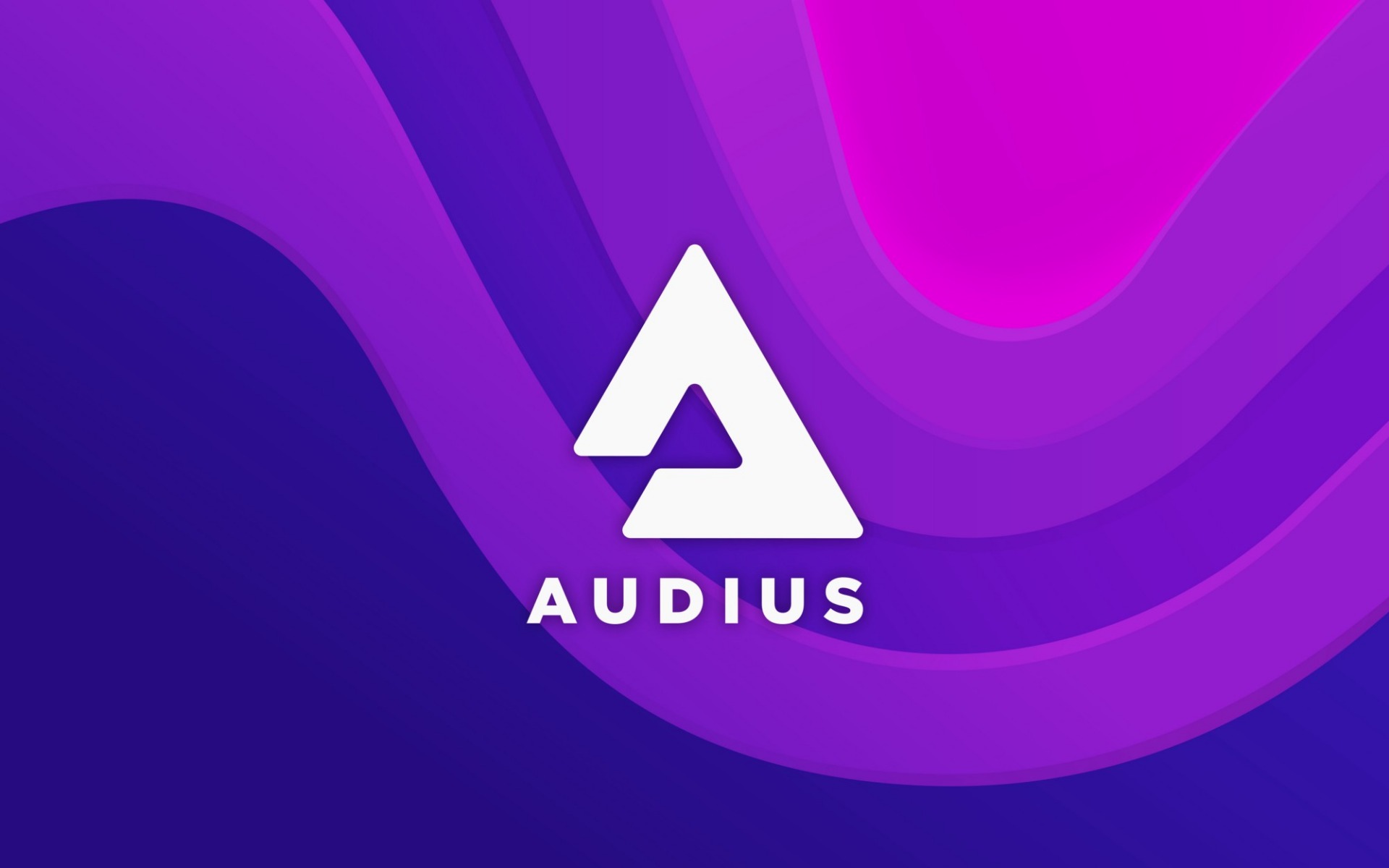
How To Promote Your Music Online - Part 1: Introduction & Core Principles

I've noticed a lot of people asking "how to promote my music online" and as I'm learning about how to level up my music promotion game every day, I thought I could write a little blog post series covering the basic know-how which can eventually help you to get into that right direction and give you some basics you can further build on.
To tease you a little, I'll uncover the topics I'll be going through in this series:
- Introduction & core principles
- Crafting your brand and online identity
- Your own website and what can it bring you
- Promoting your music on social media
- The power of the community
- Running ad campaigns for your music
- Promoting your music outside social media
- DOs and DON'Ts of music marketing
But before I get diggin' deeper into those topics, let's start with getting a few very important things straight. First, two will be more of prerequisites, whereas the others are some key principles you have to obey and keep in mind all the time in order to promote your music effectively instead of just wasting your time doing random shit.
Be (at least a bit) sure you have actually something to offer
And by that, I mean mostly the quality of your beats. Good music is simply the first and most important factor in the big picture. Yes, you can be a genius marketer or a filthy rich guy and you can get quite some audience even with poorly produced / poorly written beats, maybe even making some money along the way, but in the long run, it's just much harder and time-consuming to sell a turd than sell something that actually people want (and will possibly want more of it).
Of course, the question of the "quality" of the music itself is quite subjective... but I guess you know what I mean. There is a lot of ways you can get the feedback you might need to judge if your beats are good enough - you can reach out to your friends, you can join related Facebook/Discord groups (or some good old fashioned web forums), you can have your music roasted in various Reddit threads and more.
The reason why am I saying this is as I listen to a lot of music curating playlists, there are some producers that should clearly spend way more time in the studio getting their music actually enjoyable instead of sending emails everywhere (or ever BEING on Spotify in the first place). Despite this may sound a bit harsh, it demonstrates my point quite well.
Anyway, if you think your music is good enough, then...
Get your music everywhere!
First, you have to get your music out there on as many platforms as you can - Spotify, Apple Music, Youtube, Soundcloud, Bandcamp, Google Music, Tidal, Pandora, Amazon Music... you name it. And I don't care that you really love just one of them - you can promote that one the most later, but having your music on every one of those services means basically two things. First, instead of having just one audience, you have many audiences combined, potentially reaching more people. And the second - every listener has a preferred way of listening to music, so if you have your beats only on Apple Music, but all your friends rock their premium Spotify accounts all day, they just won't switch or pay another service - your music will be basically almost unreachable for them. Now apply this example to the whole world and you have a whole lot of people unable to access your delicious beats - and that's a shame, isn't it? So get a good distro and get your music EVERYWHERE. (I personally recommend Distrokid).
Music is a business and you have to treat it like that
This is another thing that might not come down easy. A lot of musicians simply don't like the idea of perceiving music as a business (or an idea of investing money into marketing) at all. But no matter how much you may despise this idea of music being a business, you will still probably sooner or later realize I was right in that statement. You might choose to not treat music as a business and it's perfectly OK, as some people just want to have fun in their DAW (or with their hardware gear) and then share the results with friends, nothing wrong on that! But then consider if this blog post series is really for you. If you want to succeed (whatever it actually means for you), in today's world where there is a shitload of bedroom producers creating enormous digital buzz, it is hard to cut through without following some core business principles, which are strategy, discipline, and of course - some investment of both time and money. Which brings me to the second part of this article.
Pure organic growth is a myth - you have to invest at some point
A lot of new producers think that the only good kind of growth for and artist is the organic one - letting the music speak for itself, hoping they will get big someday, maybe when they get eventually noticed by some well-known and respected label, or when they get playlisted on Spotify's editorial playlists. But as it seems, it's nothing more than just an illusion - despite those things will get you some bucks, they won't bring you big following nor wider recognition. This just won't come by itself - you have to work hard & smart in order to get it, and you have to invest the money as well. That's actually the reason why I chose that heading - even if you're doing your best job promoting your music online on your own and people like it, you will simply need to somehow reach a bigger audience interested in what you're selling, as just your mom bumping to your beats on Spotify while cooking won't make you much cash. As one wise man once said - if you're spending a truckload of money on your studio equipment, why the hell you wouldn't spend money on promoting what you have created with it?
The strategy is (almost) everything
Another key principle in music promotion is having a clear strategy set. This is, however, a very complex term consisting of multiple overlapping areas - it's by no means just about having your releases and social media posts well thought through and scheduled months before. It encompasses everything related to the way how you run your music business - how often do you release your music, how often and what do you post on your social media accounts, what hashtags do you use under your posts, how do you approach various ways of reaching new audiences, how do you create momentum, how are you presenting yourself, what imagery do you use for your music, how do you run your ad campaigns, how do you participate in communities... I could continue forever. There is a vast amount of things BESIDES your music that you can (or must) do in order to promote your music and having a strategy is basically working out how to combine them all together in your own way to work for you - and putting it on schedule! There is no best strategy though - it's totally up to you what do you come up with, for everyone can work something different.
Having a good strategy is worthless tho, if you lack...
Discipline and time management
What's the point of planning everything two months upfront when you can't keep up with the schedule? One of the main points of doing stuff in a "strategical way" is to create and maintain momentum (or if you will, hype), which can be also very easily destroyed, if you don't keep people somehow engaged. Discipline is crucial if you don't want to have just a business, but a well-operating, profitable one. There will be times when you won't feel like doing anything, but does a shop owner close his shop when he's feeling under the weather? Sometimes you will have to push yourself a bit in order to do what's needed, but it will be well worth it in the long run.
Good time management goes hand in hand with discipline and it can boost the effectivity of your endeavors quite significantly. What I mean by time management here is mainly using your free time as smartly as you can instead of wasting it on scrolling your Facebook timeline because you can't come up with anything better to do. A few examples given - when you're out of inspiration, you can just play with sound design and create presets to use in your future projects (or go further and create a sample pack out of it), instead of staring out of the bus window on your daily commute you can listen to new inspiring music or some educational podcasts, you can be sharing playlists that featured your beats into your Instastories while waiting, instead of eyeing your social media accounts before you go to sleep you can check your Google Analytics to know how are people finding your website or schedule posts to get published on your fan pages in upcoming days. Don't get me wrong - getting some rest is perfectly OK (and very desirable in fact), but stay aware that you don't waste too much time you could pump up into your music business otherwise.
And that's all for this introductory blog post covering the most universal (and most important) principles you have to keep in mind when trying to build your own music business. In the upcoming articles, I'll be digging deeper into various topics I outlined at the beginning of this post, so stay tuned - there is a whole lot more to come!

First time on my blog?
Welcome! My name is Pao and I'm the person behind this whole website. Besides making music myself whenever I can, I also write this blog and curate Spotify playlists. Feel free to explore it here a bit - I believe you will find some interesting stuff around ^^






